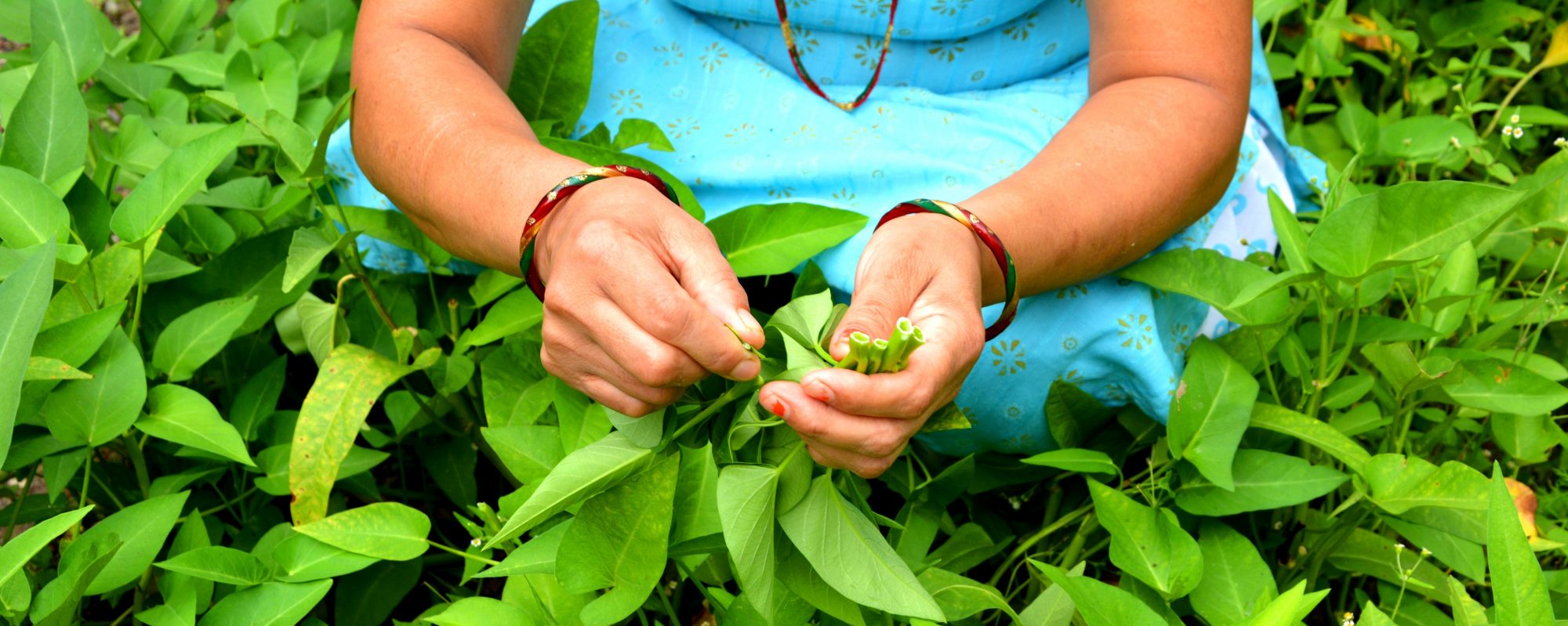As biological resources such as medicinal plants form an important aspect of the health nutrition–biodiversity rubric, it is critical to ensure their survival through effective conservation and sustainable use. Where they exist, efforts to promote sustainable management, transparency or increased benefit sharing, have to contend with widely distributed harvest communities and highly complex trade chains. This calls for our coordinated action among different actors, including the private sector to address the issue of sustainable use of biological resources.
Our understanding of health within the context of well-being
In the broadest sense, the utilities we derive from biological resources include among others food, shelter, fuel, health, livelihoods, and cultural and aesthetic satisfaction. These aspects of well-being, are subsumed in the broader definition of health which is: “a state of complete physical, mental and social well-being and not merely the absence of disease or infirmity“ (Preamble to the Constitution of the WHO as adopted by the International Health Conference, New York, 19 June to 22 July 1946). In most traditional health cultures, health equates physical, mental, social, spiritual and ecological balance.
According to the traditional Ayurveda system of medicine, the being is a miniature representation of the universe; and, equilibrium in human–nature relationship is critical for health and well-being. Health is considered as an interactive outcome of personal attributes, habitual experiences and interaction with the environment, whereas well-being can relate to multiple factors such as material comfort, health, freedom of choice and action, social support systems and security. Hence, health implies various components relating to medical, nutritional, social and psychological well-being.



